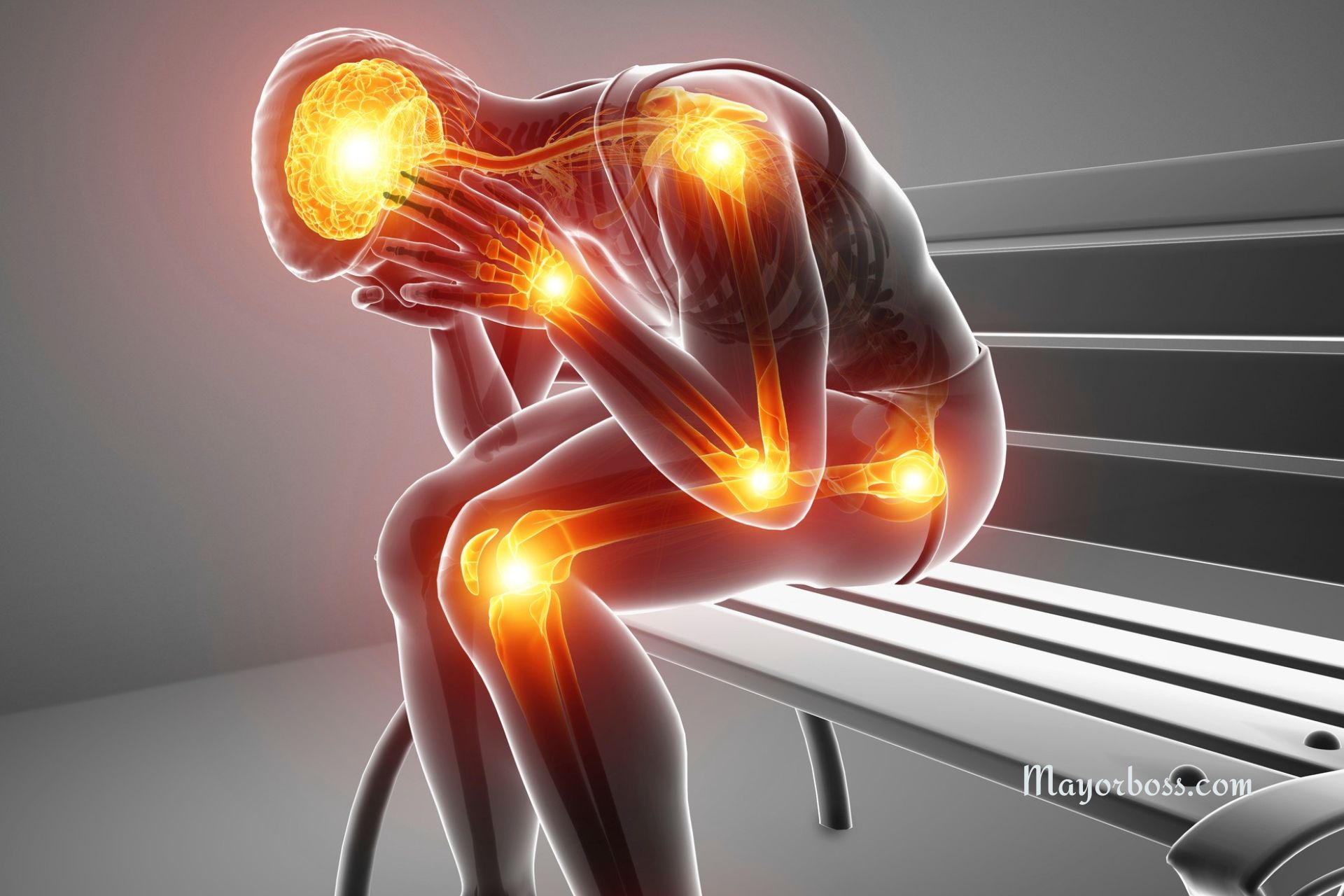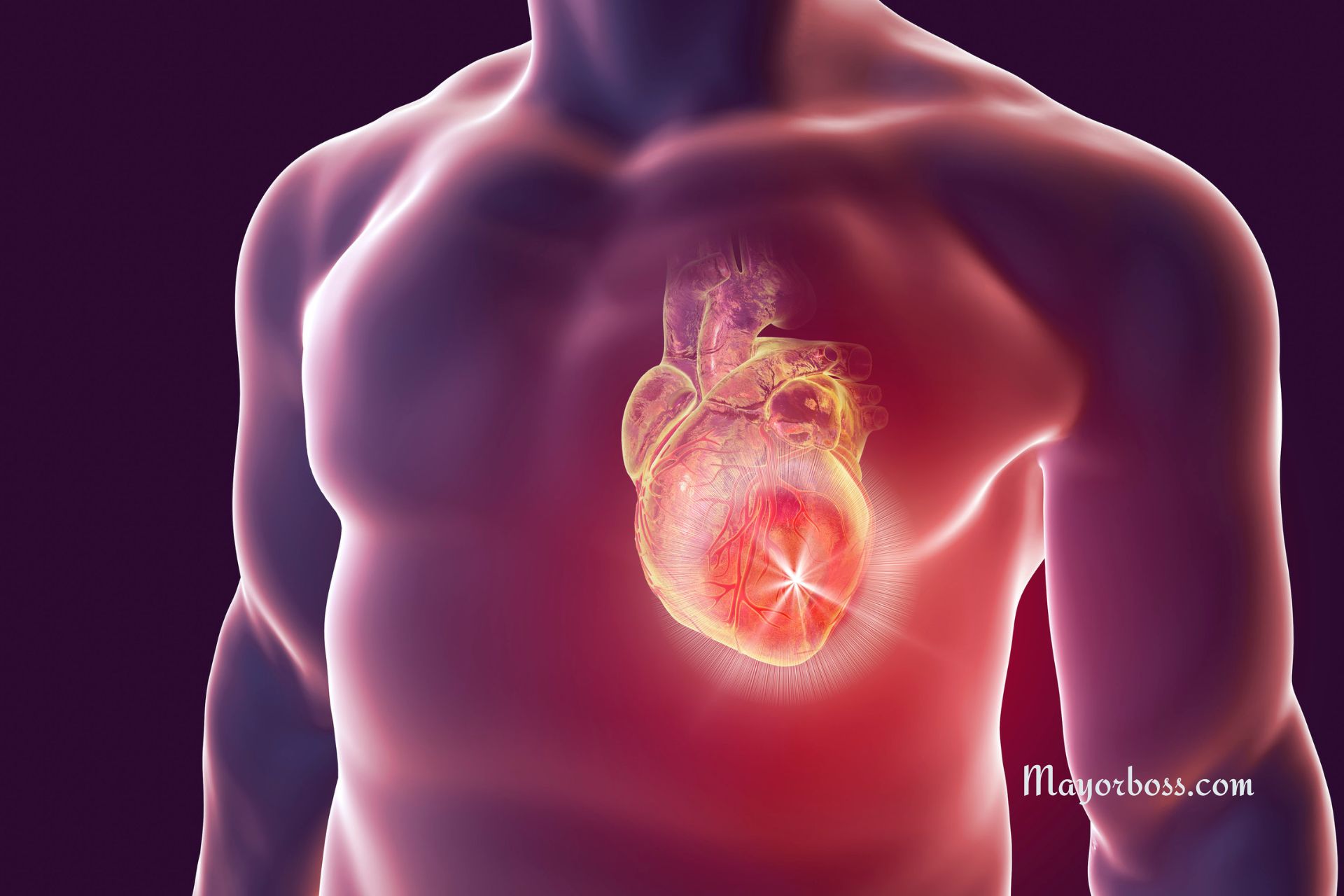What Happens to Your Body After 40
As you reach the age of 40, your body undergoes some natural and gradual changes. These changes might include a decrease in muscle mass, changes in vision, slower metabolism, and alterations in hormone levels.
Indeed, when you hit the age of 40, it’s not uncommon to notice some changes in your body. This milestone age marks a significant phase in life where certain physiological and metabolic shifts occur. In this article, you’ll learn what happens to your body after 40 and what steps you can take to maintain a vibrant and healthy life.

Physical Changes After 40
Changes in Metabolism
Your metabolism starts to slow down after the age of 40. This means that your body burns fewer calories, and you may notice:
- Weight gain, especially around the abdomen
- Reduced energy levels
- A need for adjustments in diet and exercise
A decline in Muscle Mass
Muscle loss is a natural part of aging, but it becomes more pronounced after 40. You might experience:
- Weaker muscles
- Decreased stamina
- Longer recovery times after exercise
To combat this, you should include strength training in your exercise routine.
Bone Density Reduction
After 40, your bone density may begin to decrease, leading to the following:
- Increased risk of fractures
- Conditions like osteoporosis
- Joint pain and stiffness
Incorporating calcium-rich foods and weight-bearing exercises can help protect your bones.
Hormonal Changes After 40
For Women: Menopause
Most women experience menopause around their early to mid-40s. This can bring:
- Hot flashes
- Mood swings
- Trouble sleeping
- Changes in menstrual cycles
- Vaginal dryness and pain during sex
Understanding these changes and seeking professional guidance can make this transition smoother.
For Men: Reduction in Testosterone
Men may notice a gradual decrease in testosterone levels, which can lead to:
- Reduced sexual drive
- Problems having an erection
- Fatigue
- Mood changes
- Low sperm count
- Depression
Consulting with a healthcare provider can help you manage these changes effectively.
Vision Changes After 40
After 40, you may notice:
- Difficulty reading small print
- Need for reading glasses
- Increased risk of eye diseases like glaucoma
- Other changes can include dry eyes and the need for more light to see clearly.
Regular eye check-ups and proper eyewear can aid in maintaining good vision.
Hearing Changes After 40
Hearing loss can become more apparent as you age. You might notice:
- Difficulty hearing in noisy environments
- Need for increased volume of devices
- Trouble understanding high-pitched sounds
Hearing tests and proper care can aid in maintaining good hearing health.
Cognitive and Emotional Changes After 40
Memory and Focus
You might find that your memory and focus aren’t as sharp as they used to be. Engaging in mental exercises, staying active, and maintaining a balanced diet can help in retaining cognitive function.
Emotional Well-being
Emotional changes may occur, such as:
- Feeling more reflective
- Greater appreciation for relationships
- Potential for feelings of anxiety about aging
Embracing these feelings and seeking support when needed can contribute to a more balanced emotional state.
Final Thoughts
You should embrace this stage of life with awareness and care. Regular check-ups, a balanced diet, exercise, and mindfulness towards the changes occurring in your body are key to thriving after 40. Remember, age is just a number, and you have the power to make your 40s and beyond vibrant and fulfilling.






